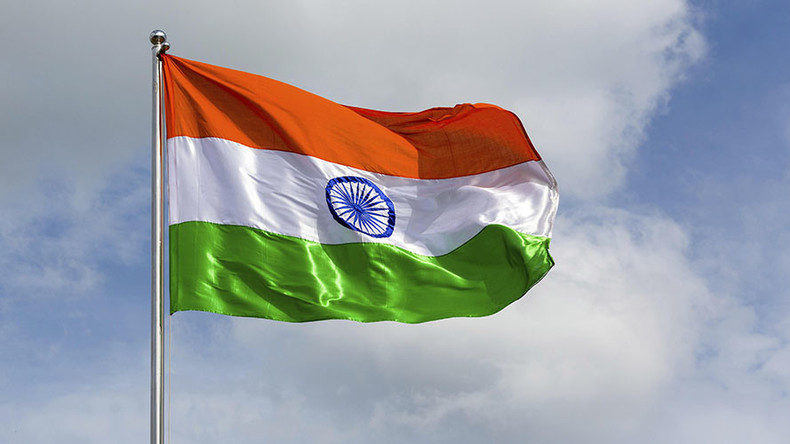Many of the world’s countries continue to grapple with the devastating effects of the Covid-19 global pandemic—including India. With there being much pre-crisis talk of the 21st century being the “Indian Century”, from the likes of Amazon CEO Jeff Bezos, the Covid-19 pandemic has thrust India’s resilience to a range of threats into the spotlight.
An upcoming report by the Henry Jackson Society looks at the national resilience of a “club of democracies” which have been labelled by the UK Government as the D-10: the UK, the US, Canada, Australia, France, Germany, Italy, Japan, South Korea, and India.
There is no doubting that India enjoys a number of advantages when compared to its D-10 counterparts. India has a relatively youthful population, which means it has a “natural shield” against the potentially destructive effects of disease and infection. India’s young people represent an energetic resource pool, which is critically important when co-ordinating physically demanding public health crisis responses.
For a multi-party parliamentary democracy, the Indian public has a relatively high level of trust in both the government and the judicial system. The enforcement of government-led restrictions on individual freedoms which are designed to control the effects of the crisis, and the administration of penalties in the event of clear instances where such conditions have been breached by both members of the public and established organisations, are more likely to command public support under such socio-political conditions.
India is also, when compared to its D-10 counterparts, a relatively happy and optimistic nation. In the event of being plunged into a national crisis, a strong degree of hope and optimism—an unshakable belief that better times are ahead—across the population, can be of serious social value. An already pessimistic and downtrodden population may not be as psychologically resilient when having to contend with a crisis on the scale of the Covid-19 pandemic.
However, there are major improvements India will have to make if the 21st century is to be an Indian one —and some of these frailties have been well and truly exposed by the Covid-19 pandemic. India could benefit from a number of policy developments in order to further bolster its national resilience.
Expanding its social safety net funding to ensure that its poorer population is able to access assistance in times of emergencies or crises, ought to be high up on the national political agenda. Improving its logistical and critical infrastructure supply chains to ensure that its population can access critical care and prevention measures, must be a policy priority for the Indian government. There is a clear need for India to enhance its internal logistical strength, which was reflected in the country’s reaction to Covid-19, where it was slow to secure domestic personal protective equipment (PPE) supply chains.
This of course weaves into broader questions into what kind of country India should be. Will India allow itself to become a city-oriented economic superstructure where its smaller provincial towns and deprived rural areas are left behind? This is unfortunately the very processes which have taken root in some of India’s democratic allies—where a number of cities have become globalised commercial hubs, with stagnant provincial towns and ailing post-industrial communities being starved of meaningful public investment. However, it is also worth noting that even within such “thriving” cities, there are pockets of severe deprivation.
There is also the issue of communal tensions potentially undermining a sense of collective Indian identity. Social cohesion and positive community relations are crucial in providing the kind of stability required to catapult India towards greater national prosperity—a form of socio-economic progress which is inclusive and broad-based. However, the entrenchment of such tensions has the potential to hold back India from fulfilling its potential—and also heightens the risk of divisive radical ideologues finding fertile ground when looking to exploit crisis-related anxieties.
India has the ingredients to make the 21st century the “Indian Century”. What will help greatly is if it learns from the harsh lessons it is currently being taught by the Covid-19 pandemic.
Dr Rakib Ehsan is a research fellow at the London-based think-tank, the Henry Jackson Society.

